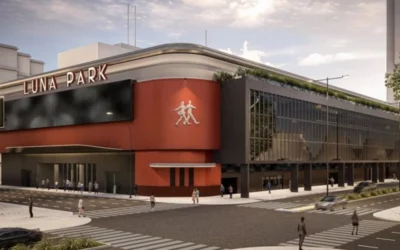Live Nation this week said it lost $102.7 million during the fiscal first quarter ended March 31, 2009, but the company sold more than 4.4 million tickets through March via its new ticketing operation, with 4.2 million tickets sold during the quarter alone. The ticket number reflects what Live Nation believes is solid, if not spectacular, ticket sales for the company’s upcoming summer concert season.
Revenues for the quarter dropped to a shade under $500 million, which the company said was “impacted negatively by $48.6 million of foreign currency exchange movements.” Without those, revenues were up about 3 percent over the same period in 2008.
The $102.7 million loss was primarily the result of an overall decline in concert sales, but in a statement, Live Nation President and CEO Michael Rapino said that despite the slowed down economy, fans are still buying tickets.
“During the quarter, several trends emerged that serve as an indicator for the year ahead. Deferred revenue grew significantly, highlighting the strength of summer ticket sales. Per head revenue grew, indicating that event onsite purchasing patterns of fans have remained strong. Our sponsorship revenue also increased in the quarter, despite the global advertising turndown,” he said. While there is no new news on the company’s proposed $2.5 billion merger with Ticketmaster Entertainment, Rapino said during a conference call Thursday, May 7, that the two companies remain optimistic that the deal will close in the second half of the year. Federal regulators are currently pouring over data as a part of their investigation into the proposed merger.
Live Nation also slashed its capital expenditures by 50 percent during the quarter, and said it is on pace to cut them by 70 percent for the year. The company did not elaborate on what specific cuts were made.
During the quarter, per head spending by fans increased by about $3 in North American, Live Nation said and total sales per fan rose nearly 6 percent to $66.48 per person. In addition, the company was able to wring an increase of $3.1 million from its sponsors, such as Anheuser-Busch and Comcast, which represented a per sponsor increase of nearly 103 percent.




